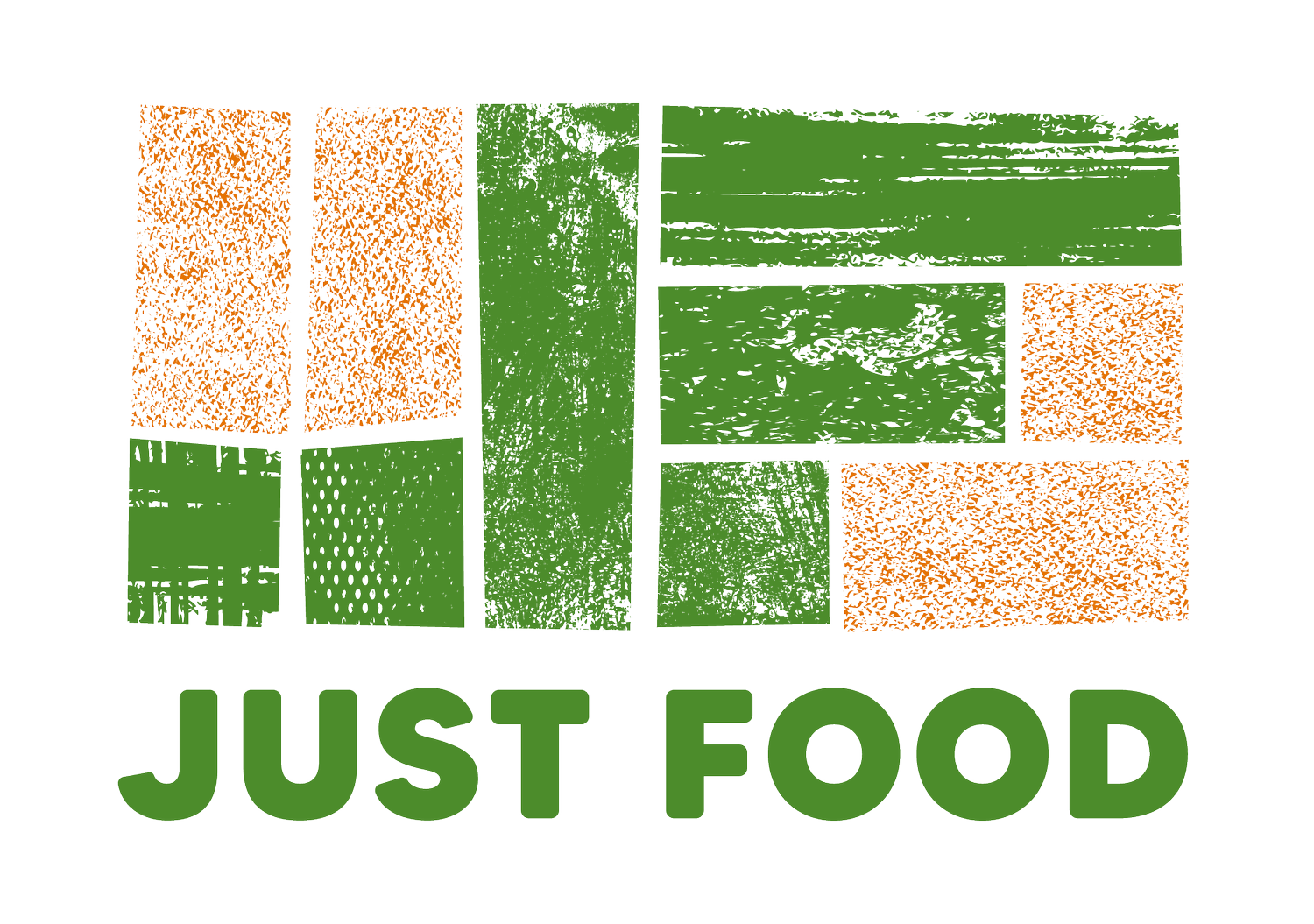Local Food Production in Gaza
*Taken from Sustain: The Australian Food Network’s article in full copy for the purpose of promoting the campaign
Your Urgent Support Needed!
The current humanitarian crisis in Gaza is indescribable with an almost complete destruction of infrastructure, hospitals, schools, homes, buildings, agriculture, and heritage farms, and the total loss of clean water, sewerage, transport, and electricity infrastructure. The decimation of the health system leaves health and emergency personnel well beyond their limit and functionality.
Disease is rife. Starvation is widespread. Worsening day-by-day.
Your help is urgently needed.
Within only 200 days of this carnage:
Over 34,000 Palestinians have been killed. Over 76,000 are permanently injured physically. Many thousands are still missing in the rubble. Most of these people are women or children. Severe trauma affects the entire population and will for generations.
Some1.7 million are internally displaced, 75% of Gaza, living in makeshift shelters and tents or the ruins of buildings.
People cling to the barest threads that separate staying alive or being killed.
Food aid is inadequate and mostly inaccessible. Scattered shelter houses that exist each supply 200-300 people with a limited amount of food in their locality. But the need is enormous with 1.1 million people projected to face catastrophic levels of food insecurity.
The women of the Urban Women’s Agripreneurs Forum (UWAF) - an initiative of the Gaza Urban and Peri-Urban Agriculture Platform - remain steadfast in their commitment to help to feed local people. Small urban and household family farms provide locally accessible sources of fresh produce. Over the past two years UWAF has supported over 500 small farming and food micro-enterprises owned and operated by women (there are over 3000 such enterprises in Gaza as a whole prior to the current extreme violence and destruction). We undertook a rapid needs assessment of damage and losses amongst the enterprises supported by UWAF: sadly, only 20% are still functioning with low to medium capacities, 30% have fully lost their production capacity and 50% have been damaged partially or totally.
A small number of the women of UWAF remain active and are doing their utmost in extreme circumstances. With your help, they will reach more people and save more people on the brink of starvation in this humanitarian crisis. These UWAF-supported women’s small food operations need to recover to provide local, secure food where people are simply trying to survive.
$500 raised will help an existing enterprise expand their reach.
$1000 will help to repair a damaged one back into operation.
100% of the funds raised will go to local UWAF-supported food micro-enterprises to acquire or purchase basic equipment, seed stock and production needs as each operation requires.
Please donate. Every amount counts.
“I am Zainab Abid, the coordinator for the pioneer forum of modern agriculture, and the founder of the gluten free products project in Gaza. I would like to talk about the impact of the war on the agricultural field in Gaza, especially on the women’s pioneer projects (WPP) which number approximately 3000, significantly impacted by the current war. Only 10% of those projects are operational, 30% are totally inoperational and 60% are either completely or partially affected due to the war.”
The Urban Women’s Agriculture Forum (UWAF) is an initiative of the Gaza Urban and Peri-urban Agriculture Platform (GUPAP). GUPAP has been internationally recognised for its highly valuable work, being recipient of the Lush Spring Prize and the Zayed Sustainability Prize.
UWAF was formed to support women-led small micro-enterprises in Gaza, towards their ambitions and wishes for better lives and greater resilience in food sovereignty. In this crucial time, the work and opportunities since the start of this major conflict have been utterly decimated and support extremely challenging to retain.

